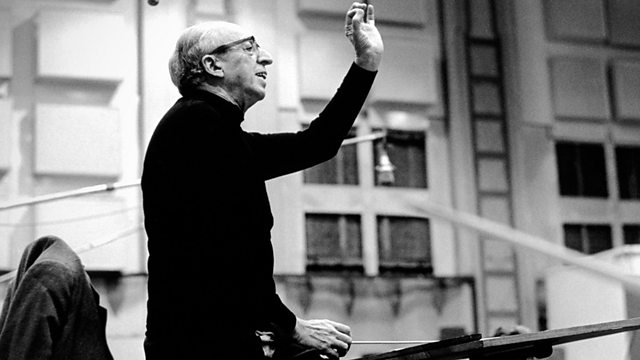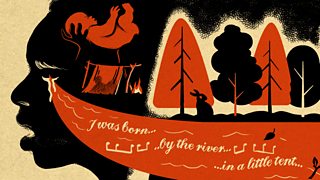Simple Gifts
Music lovers describe the impact of the tune, Simple Gifts, a Shaker Hymn which was used by composer Aaron Copland. From August 2011.
Simple Gifts started life as a Shaker Hymn and became incorporated into the hymn Lord of the Dance and Aaron Copland's ballet suite Appalachian Spring.
Nora Guthrie describes the central place this tune has played throughout her life.
Pete Lashley tells how he heard it unexpectedly whilst touring in New Zealand. Michael Carter explains why his father chose this tune for his famous hymn "Lord of the Dance" and Scott Malchus describes running a marathon whilst listening to this music.
Featuring:
Thomas Swain
Michael Carter
Nora Guthrie
Scott Malchus
Pete Lashley
Series exploring famous pieces of music and their emotional appeal.
Producer: Rosie Boulton
First broadcast on 主播大秀 Radio 4 in August 2011.
Last on
More episodes
Music Played
-
![]()
Alison Krauss
Simple Gifts
- Yo-Yo Ma.
- Classic Yo-Yo.
-
![]()
SYDNEY CARTER, Martin Carthy, Jonny Scott Trio, Mike Sammers Singers Carols & Ballads
Lord of the Dance
- Elektra Records UK Ltd.
-
![]()
Leonard Bernstein & New York Philharmonic
Track 1 Very Slowly - APPALACHIAN SPRING
- Bernstein Century: Copland.
- Sony Music Entertainment Inc.
-
![]()
Leonard Bernstein & New York Philharmonic
Track 7 Doppio movimento - APPALACHIAN SPRING
- Bernstein century: Copland.
- Sony Music Entertainment Inc.
-
![]()
Leonard Bernstein & New York Philharmonic
Track 8 Moderato Coda - APPALACHIAN SPRING
- Bernstein century: Copland.
- Sony Music Entertainment Inc.
-
![]()
Pete Lashley
Simple Gifts
Broadcasts
- Tue 8 Mar 2011 13:30主播大秀 Radio 4
- Sat 12 Mar 2011 15:30主播大秀 Radio 4 FM
- Fri 28 Oct 2016 18:30主播大秀 Radio 4 Extra
- Sat 29 Oct 2016 00:30主播大秀 Radio 4 Extra
- Tue 20 Apr 2021 18:30主播大秀 Radio 4 Extra
- Wed 21 Apr 2021 00:30主播大秀 Radio 4 Extra
Why Sam Cooke's 'A Change Is Gonna Come' became a Civil Rights anthem
Podcast
-
![]()
Soul Music
Series about pieces of music with a powerful emotional impact




